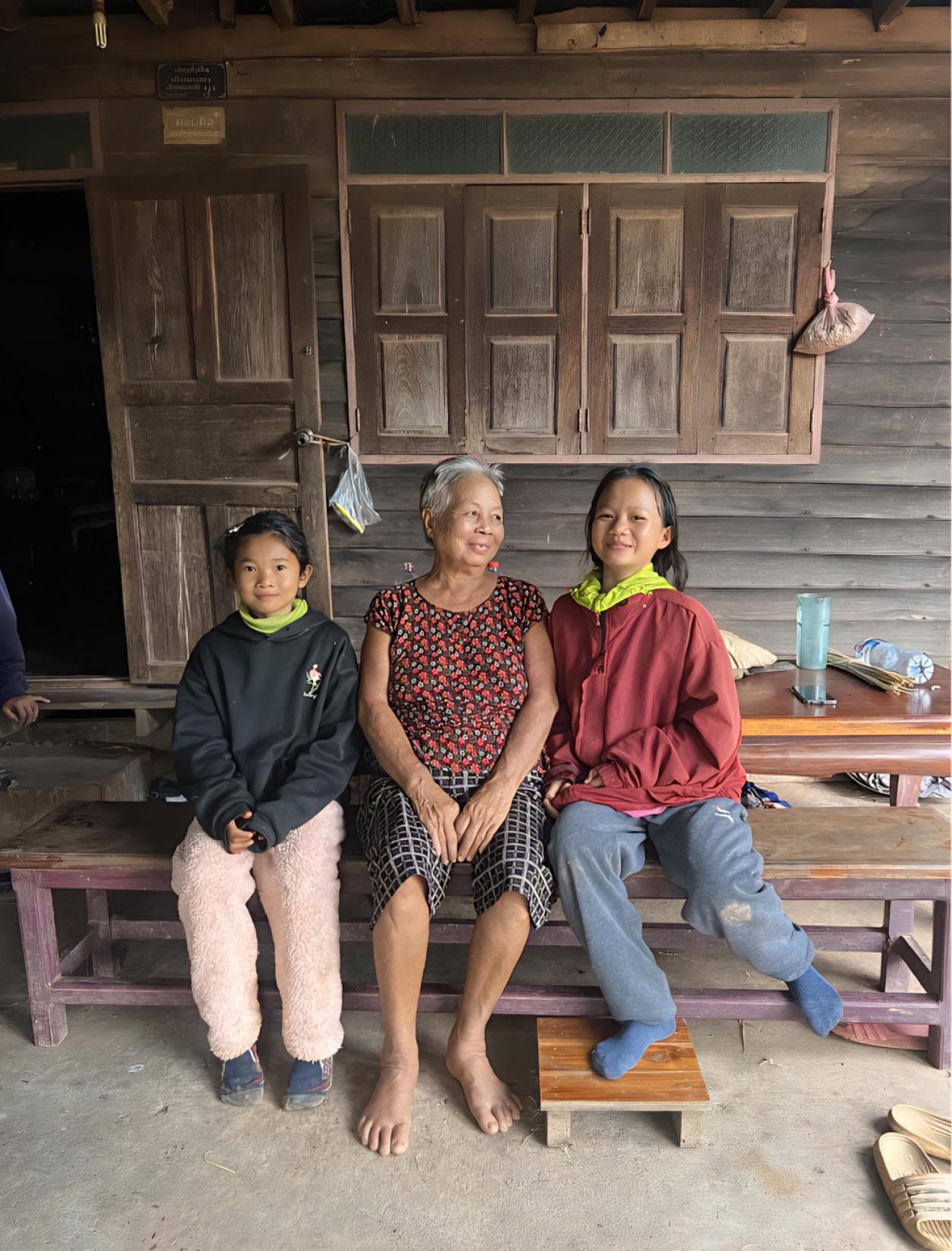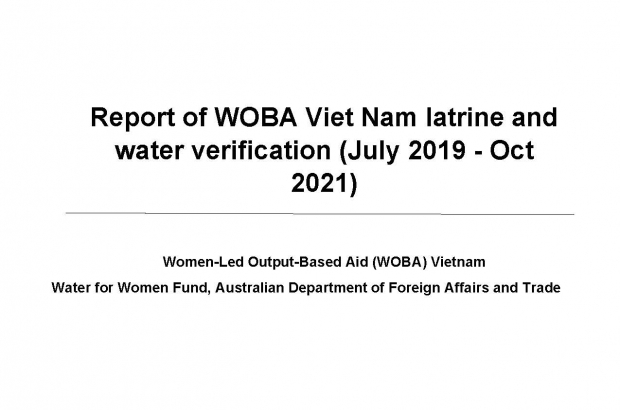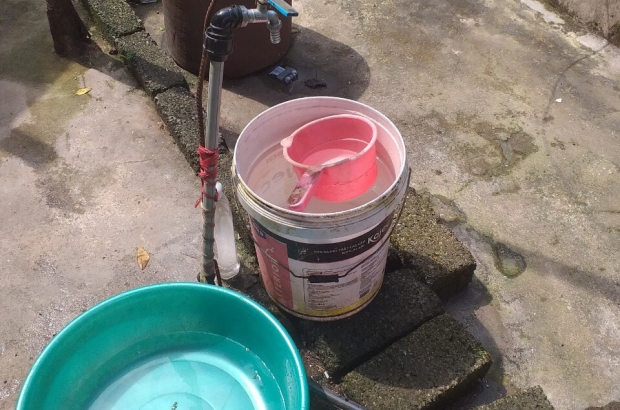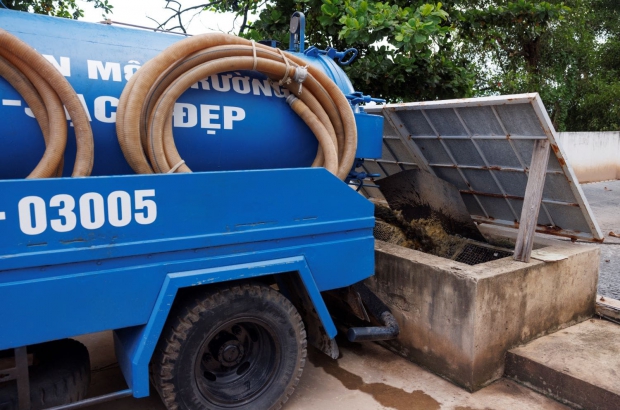
Improving Health Through Safe and Reliable WASH Programs: A Mixed Methods Approach to Evaluating the Health Impact of East Meets West’s WASH Interventions in Rural Laos
1104
This case study evaluates the health impact of East Meets West’s (Thrive Networks Global) water, sanitation, and hygiene (WASH) programs in rural Laos. Using a mixed-methods approach, it explores how improved access to safe water, sanitation facilities, and hygiene practices has influenced community health outcomes.
Highlights:
- Examines health data from multiple project sites before and after WASH interventions.
- Includes qualitative insights from community members about their experiences and perceived health improvements.
- Identifies areas where further monitoring and targeted interventions may enhance program impact.
Why It Matters:
The findings demonstrate that sustainable WASH interventions can significantly improve community health and resilience, while emphasizing the importance of community participation in maintaining water systems.
Download the full case study PDF here: Health Case Study
Related News
3385
Report of WOBA Viet Nam latrine and water verification (July 2019 - Oct 2021)
This report presents the results of verification of latrines and water connections completed in the WOBA Vietnam project as of 30 October 2021: EMW and CDC completed 7,871 verifications for HH’s newly built latrines; EMW and PCERWASS completed 3,437 verifications for HHs’ piped water connections; WUs in Nghe An, Ha Tinh and Ben Tre completed 156 customer satisfaction surveys (CSS) of HHs after they had been using piped water service for 3 to 6 months.
3746
Report of the endline evaluation of Women-Led Output-Based Aid (WOBA) Vietnam
The purpose of the Endline Evaluation is to assess the WOBA project using the OECD Development Assistance Committee (DAC) evaluation criteria including Relevance – Effectiveness – Efficiency – Impact - Sustainability. The theory of change defined for WOBA Vietnam has been used to define evaluation priority areas of inquiry which in turn links to the key evaluation questions. The priority areas of this Endline Evaluation are: 1. WASH services implemented using OBA focusing on the water component 2. Gender equality and social inclusion approach and outcomes 3. Fecal sludge management pilot 4. Climate resilient water safety plan pilot.
3923
Financial health of private sector sanitation businesses in rural Vietnam. Learning note.
This paper presents and discusses the results of a survey with Vietnamese private sector sanitation suppliers about their businesses’ financial risks and viability, and their desire to provide services to the poor and vulnerable households in rural Vietnam.



